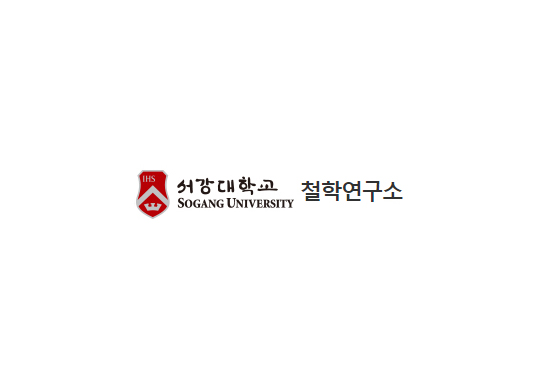심대윤의 天命之性으로서 欲 연구 – 『福利全書』를 중심으로 –
Sim Dae-yun’s (沈大允) Conception of Desire (欲) as Cheonmyeong jiseong (天命之性) – Focusing on Bokri Jeonseo (福利全書) –
본 논문은 도덕적인 천리(天理)와 욕구에 해당하는 인욕(人欲)을 대비시키 는 전통 성리학자들의 구도를 전환하여 욕(欲) 개념을 새롭게 해석한 조선 후기 백 운(白雲) 심대윤(沈大允, 1806~1872)의 철학에 대해서 논의한다. 특히 심대윤의 주 요 저작으로서 이로움(利)과 욕(欲)의 관계를 상세히 논구한 복리전서(福利全書) 를 중심으로 그의 욕 개념에서 나타나는 특징과 그 의미를 분석하였다. 심대윤은 “천명지위성(天命之謂性)”은 인의예지신(仁義禮智信)의 도덕성이라고 본 주자의 해 석에서 벗어나 “천명지성(天命之性)은 욕(欲)”이라고 주장했다. 동시에 그는 모든 욕을 긍정한 것이 아니며, 그중에서 ‘이익을 좋아하는 것[好利]’과 ‘명예를 좋아하는 것[好名]’ 두 가지를 중심으로 인간 본성을 새로운 방식으로 설명하는 한편, 이 를 바탕으로 도덕적 실천의 가능성이 확보될 수 있다고 주장하였다. 이러한 관점에 서, 욕이 올바르게 드러나는 것을 막는 혈기(血氣)의 조절을 위한 극기(克己)의 수 양론을 제시했고, 사회적 조화를 이루는 방법인 충서(忠恕)의 적절한 실천은 타인에 대한 배려의 기초가 되는 자기 자신을 중시하는 데서 출발해야 한다고 주장하였다. 이러한 실천들의 요점은 궁극적으로 이익[好利]과 명예[好名]에 대한 균형 잡힌 추 구로 귀결된다. 욕 개념에 대한 심대윤의 새로운 이해는 당대의 사회 상황에 걸맞 는 실질적 윤리관 확립을 시도했다는 점에서도 그 의의가 크다.
This paper explores the philosophical thought of late Joseon scholar Baegun Sim Daeyun (沈大允), who reconstructed the traditional Neo-Confucian framework that opposed the moral principle of heavenly principle (cheonri, 天理) and human desires (in’yok, 人欲), by reinterpreting traditional Neo-Confucianism. He proposed that human desires are also part of morality. Focusing particularly on his major work, Bokri Jeonseo (福利全書), this study analyzes Sim Daeyun’s unique insights into the concept of “desire” and their significance. Sim Daeyun went beyond Zhu Xi’s interpretation of “the nature endowed by Heaven” (cheongmyeong ji seong, 天命之性) as referring to the moral qualities of benevolence, righteousness, propriety, wisdom, and faithfulness. Instead, he argued that “the nature endowed by Heaven is itself desire.” However, he did not unconditionally affirm all forms of desire. Centering on the two concepts of “love of profit” (ho-ri, 好利) and “love of fame” (ho-myeong, 好名), he reinterpreted human nature and, based on this, asserted the possibility of moral practice. On this foundation, he proposed self-cultivation through self-restraint (geukgi, 克己) to regulate the physical-emotional impulses (hyeolgi, 血氣) that hinder the proper expression of desire. He emphasized that the path to social harmony and the virtue of chung-seo (忠恕: loyalty and empathy) must begin with a self-respect based on caring for others. Ultimately, Sim Daeyun’s practical points are summarized in the balanced pursuit of profit (ho-ri) and fame (ho-myeong). His new understanding of the concept of desire is significant in that it aims to establish a practical ethical perspective suited to contemporary societal conditions.
서강대학교 철학연구소
성균관대학교 박지현

